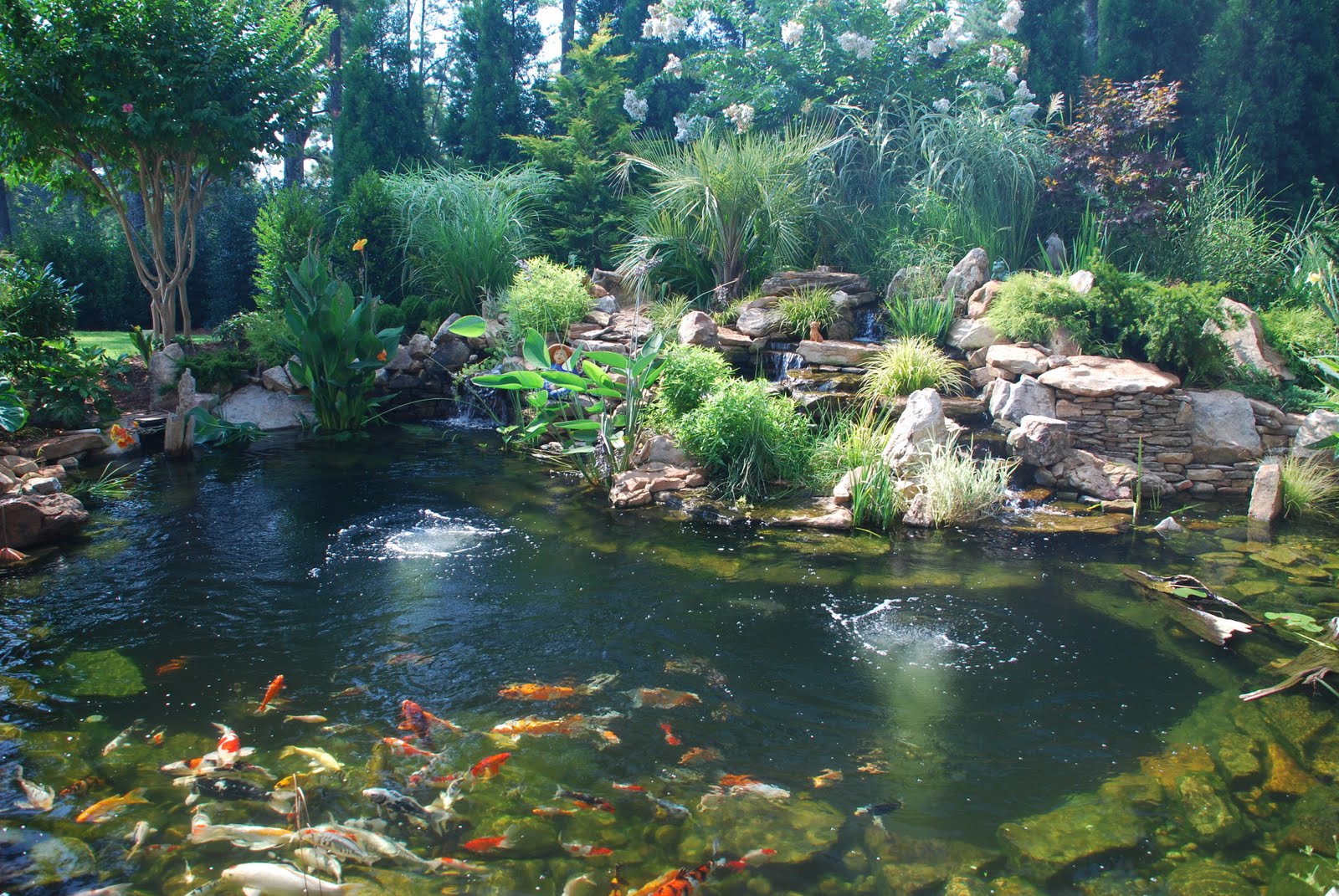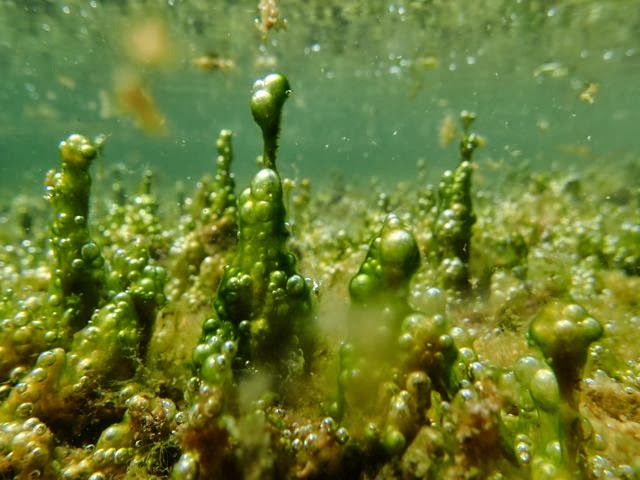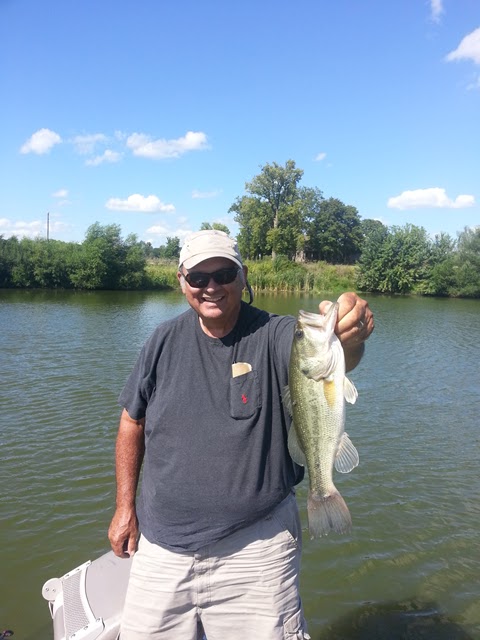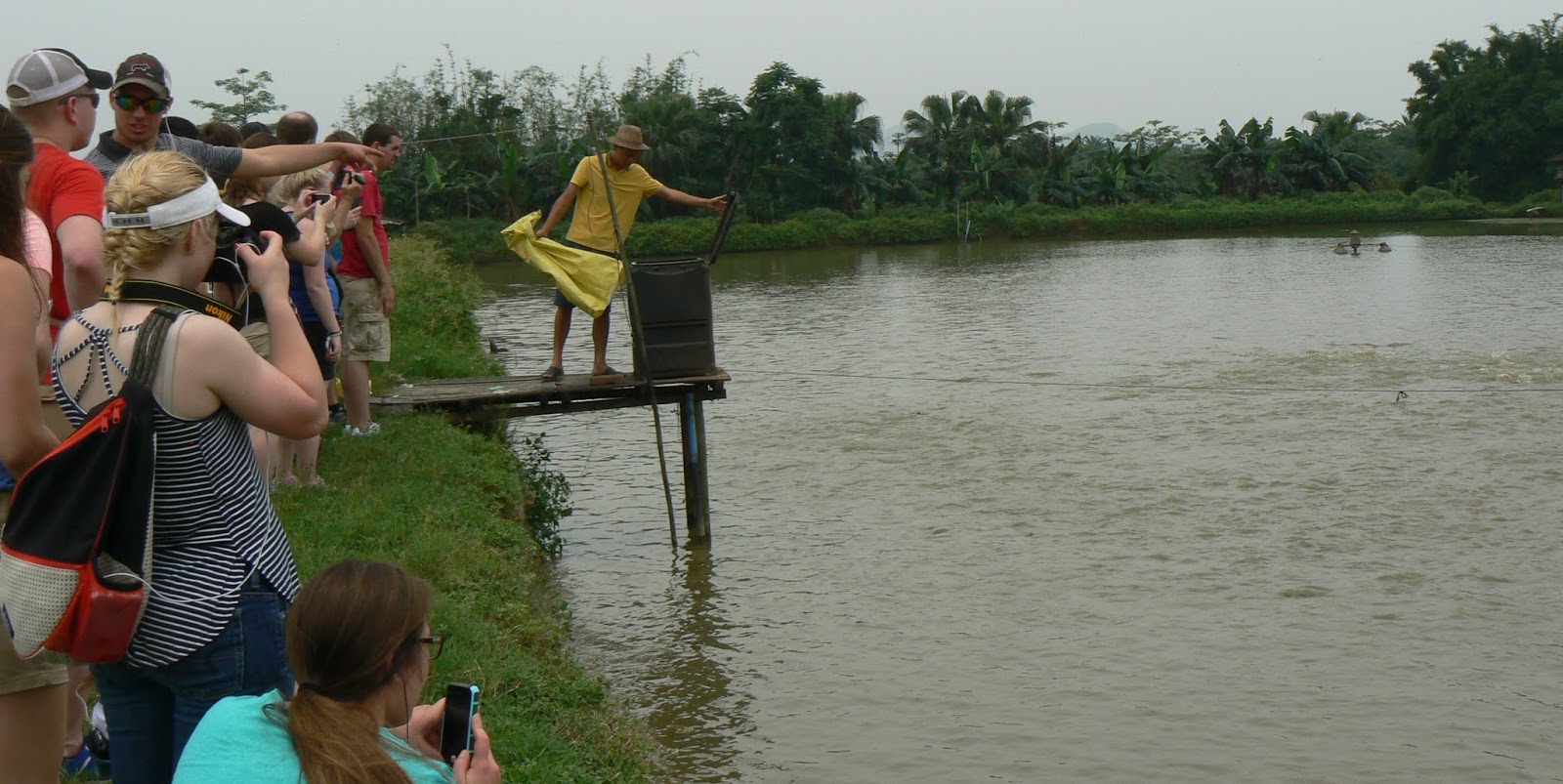
The Ultimate Guide to Solving Your Koi Pond Smells Bad Problem
Understanding Why Your Koi Pond Smells Bad
We all love koi ponds for their beautiful fish and calming water features. However, when it starts to smell, it can be a major turn-off. Your koi pond may emit a bad odor for various reasons, including waste build-up, algae growth, and poor water circulation.
1. Waste Build-Up

Fish waste, uneaten food, and decaying plants all contribute to the build-up of ammonia and nitrites in your koi pond. These chemicals create an unfavorable environment for your koi, and in turn, produce bad odors. If you notice a buildup of organic matter on the bottom of your pond or excess debris floating on its surface, it’s time for a good cleaning.
2. Algae Growth

Algae build-up is a common cause of bad smells in koi ponds, particularly those located in areas with high levels of sun exposure. Algae can grow quickly, turning your pond water green and creating a pungent odor. Regular maintenance, including cleaning the filters and increasing water circulation, can help to prevent this problem.
3. Poor Water Circulation

A lack of water circulation can leave your pond with stagnant pockets of water and poor oxygenation levels. This is an ideal environment for bacteria to grow and produce foul odors. Installing a pump and waterfall feature will help to keep the water moving and increase oxygenation levels, preventing the buildup of bacteria and algae.
Solutions to Your Koi Pond Smells Bad Problem
1. Increase Aeration

One of the easiest ways to combat bad odors in your koi pond is to increase aeration. This can be done by installing an air pump or adding aeration stones. Aeration increases oxygen levels, which aids in the breakdown of organic waste and reduces the buildup of harmful chemicals.
2. Clean the Pond Regularly
Regular maintenance and cleaning can help prevent bad odors from developing in your koi pond. Remove debris from the surface of the water, vacuum the bottom of the pond, and clean the filters regularly. A clean pond reduces the risk of harmful chemicals and bacteria from accumulating.
3. Use a Water Clarifier

Water clarifiers are a solution that can help reduce foul odors and improve your pond’s overall health. They work by helping to break down organic waste, which improves water clarity and reduces the growth of algae and bacteria. Always follow the manufacturer’s instructions when using a water clarifier.
4. Reduce Overfeeding

Overfeeding is a common mistake that can contribute to foul odors in your koi pond. Too much food can cause an imbalance in the pond’s ecosystem, leading to increased waste and nutrient levels. Only feed your koi the recommended amount, and remove any uneaten food after feeding times.
In Conclusion
A koi pond is a beautiful addition to any landscape. However, when it starts to smell, it can become a nightmare for any homeowner. If your koi pond smells bad, it’s essential to identify the underlying cause and take action to remedy the problem. Regular cleaning and maintenance, reducing overfeeding, and increasing aeration can all help prevent bad odors from developing in your koi pond. With a little extra care and attention, you can enjoy the tranquil environment of your koi pond without the unpleasant smells.